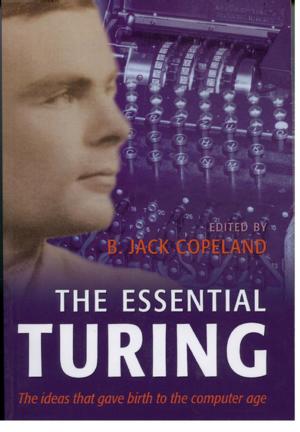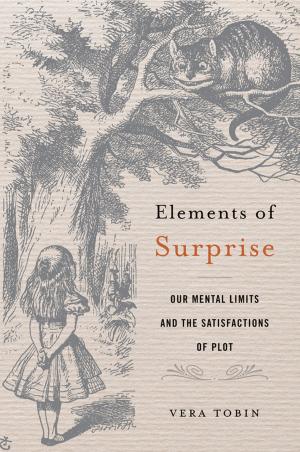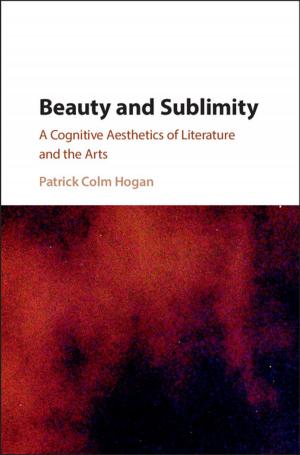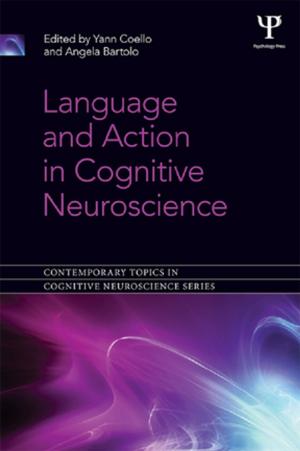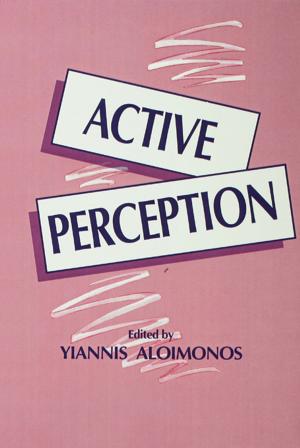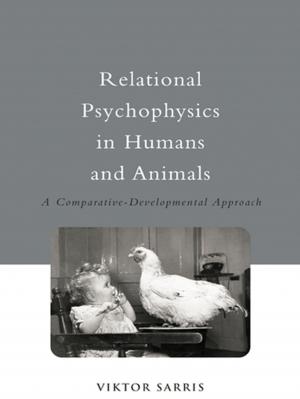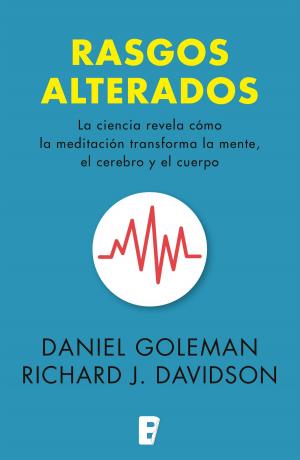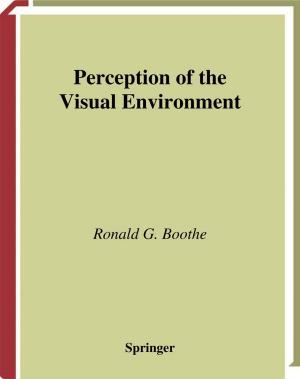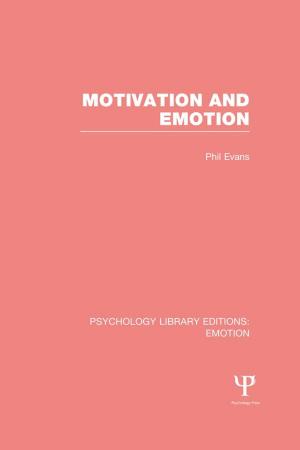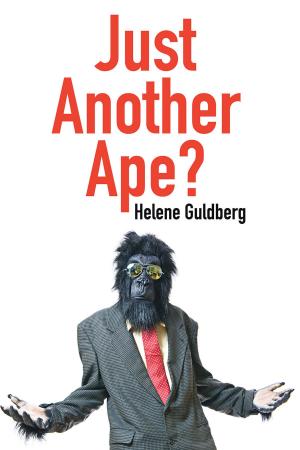Dreams and Myths
A Study in Race Psychology
Nonfiction, Health & Well Being, Psychology, Research, Neuropsychology, Cognitive Psychology| Author: | Karl Abraham, William A. White | ISBN: | 1230001397246 |
| Publisher: | New York : Jonson Repr. Corp., 1913. | Publication: | October 23, 2016 |
| Imprint: | Language: | English |
| Author: | Karl Abraham, William A. White |
| ISBN: | 1230001397246 |
| Publisher: | New York : Jonson Repr. Corp., 1913. |
| Publication: | October 23, 2016 |
| Imprint: | |
| Language: | English |
Karl Abraham investigated child sexual trauma and, like Sigmund Freud, proposed that sexual abuse was common among psychotic and neurotic patients. Furthermore, he argued (1907) that dementia praecox is associated with child sexual trauma, based on the relationship between hysteria and child sexual trauma demonstrated by Freud.
Abraham (1920) also showed interest in cultural issues. He analyzed various myths suggesting their relation to dreams (1909) and wrote an interpretation of the spiritual activities of the Egyptian monotheistic Pharaoh Amenhotep IV (1912). This work is a representation of Abraham's theories about dreams.
Abouth the Author
Karl Abraham can be considered one of Sigmund Freud's most creative and devoted disciples, and has been one of the most important voices in the development of psychoanalysis. Despite dying young, his key works provide an invaluable contribution to psychoanalysis as one of its most influential founding fathers.In 1907, he had his first contact with Freud, with whom he developed a lifetime relationship. Returning to Germany, he founded the Berliner Society of Psychoanalysis in 1910. He was the president of the International Psychoanalytical Association from 1914 to 1918 and again in 1925. Abraham collaborated with Freud on the understanding of manic-depressive illness, leading to Freud's paper on 'Mourning and Melancholia' in 1917. He was the analyst of Melanie Klein during 1924-1925, and of a number of other British psychoanalysts, including Edward Glover, James Glover, and Alix Strachey. He was a mentor for an influential group of German analysts, including Karen Horney, Helene Deutsch, and Franz Alexander. His key works cover the areas of the development of child sexuality and its relation to mental disorders, the development of the libido, cultural issues including work on various myths suggesting their relation to dreams (1909), as well as writing an interpretation of the spiritual activities of the Egyptian monotheistic Pharaoh Amenhotep IV (1912).Described by Freud himself as his "best pupil," his work is increasingly recognised for its importance in the development of psychoanalysis.
Karl Abraham investigated child sexual trauma and, like Sigmund Freud, proposed that sexual abuse was common among psychotic and neurotic patients. Furthermore, he argued (1907) that dementia praecox is associated with child sexual trauma, based on the relationship between hysteria and child sexual trauma demonstrated by Freud.
Abraham (1920) also showed interest in cultural issues. He analyzed various myths suggesting their relation to dreams (1909) and wrote an interpretation of the spiritual activities of the Egyptian monotheistic Pharaoh Amenhotep IV (1912). This work is a representation of Abraham's theories about dreams.
Abouth the Author
Karl Abraham can be considered one of Sigmund Freud's most creative and devoted disciples, and has been one of the most important voices in the development of psychoanalysis. Despite dying young, his key works provide an invaluable contribution to psychoanalysis as one of its most influential founding fathers.In 1907, he had his first contact with Freud, with whom he developed a lifetime relationship. Returning to Germany, he founded the Berliner Society of Psychoanalysis in 1910. He was the president of the International Psychoanalytical Association from 1914 to 1918 and again in 1925. Abraham collaborated with Freud on the understanding of manic-depressive illness, leading to Freud's paper on 'Mourning and Melancholia' in 1917. He was the analyst of Melanie Klein during 1924-1925, and of a number of other British psychoanalysts, including Edward Glover, James Glover, and Alix Strachey. He was a mentor for an influential group of German analysts, including Karen Horney, Helene Deutsch, and Franz Alexander. His key works cover the areas of the development of child sexuality and its relation to mental disorders, the development of the libido, cultural issues including work on various myths suggesting their relation to dreams (1909), as well as writing an interpretation of the spiritual activities of the Egyptian monotheistic Pharaoh Amenhotep IV (1912).Described by Freud himself as his "best pupil," his work is increasingly recognised for its importance in the development of psychoanalysis.



